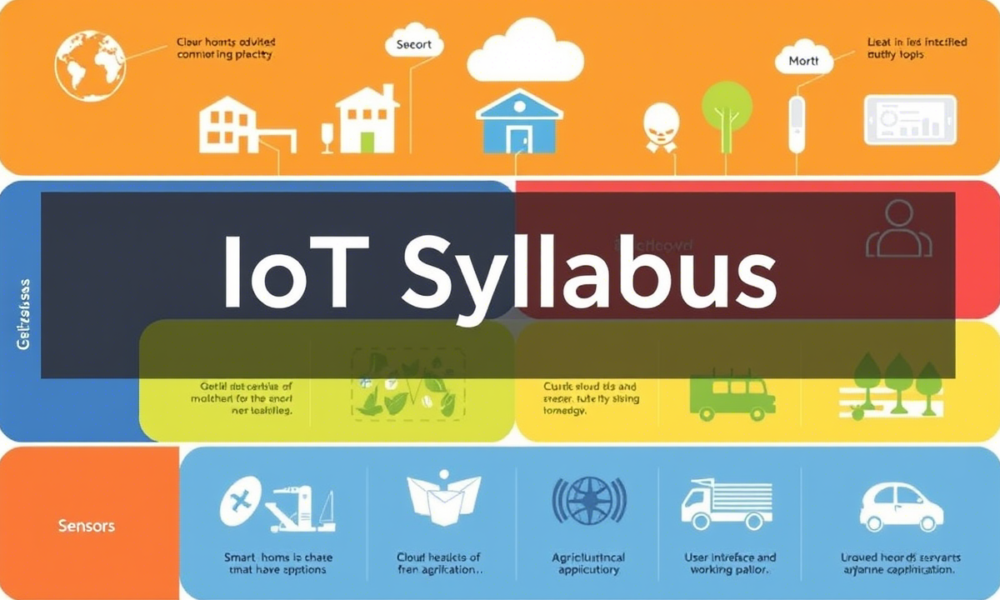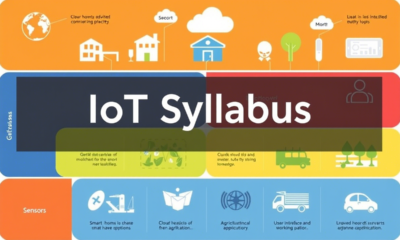






































Introduction Artificial Intelligence (AI) represents one of the most transformative technological fields of our time. This comprehensive course covers both classical AI approaches and cutting-edge techniques...



Complete IoT Syllabus: Introduction The Internet of Things (IoT) is revolutionizing industries by connecting devices, systems, and people in unprecedented ways. From smart homes to industrial...
Introduction Requirements engineering is a systematic process used to define, document, and manage software requirements throughout the development lifecycle. It serves as the foundation for successful...
Introduction Requirements engineering is a critical phase in software development that establishes the foundation for successful software systems. Understanding the distinction between functional and non-functional requirements...
Introduction Software Configuration Management (SCM) is a critical discipline within software engineering that focuses on managing and controlling changes to software systems throughout their lifecycle. As...
Introduction Staffing is a critical aspect of software project management that involves selecting, assigning, and managing the people who will work on the project. The right...
Introduction Project scheduling is the process of arranging project activities in time and allocating resources to ensure timely completion while considering dependencies and constraints. Effective scheduling...
Introduction Risk management is a critical component of software project management that involves identifying, assessing, and mitigating potential threats that could impact project success. Effective risk...
Introduction The Constructive Cost Model (COCOMO) is one of the most widely recognized and utilized models for estimating software development effort, cost, and schedule. Developed by...
Introduction Project estimation is a critical activity in software project management that involves predicting the effort, time, and resources required to complete a project successfully. Accurate...